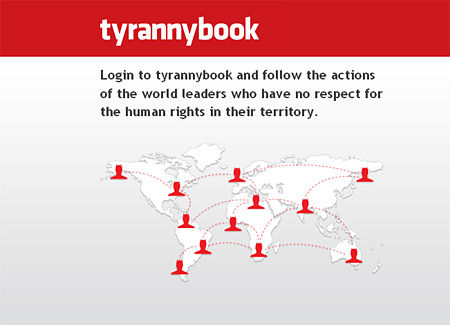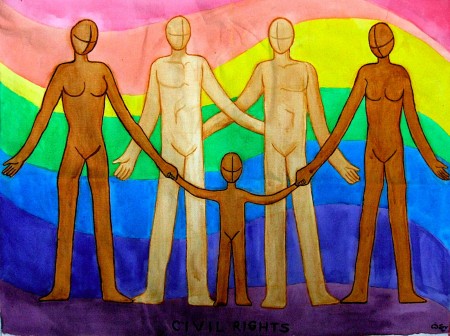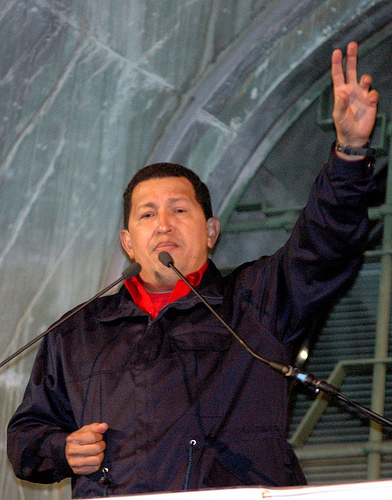
In May 2010, Amnesty International Portugal (AIP) surprised the internet crowd with a website that, at first, seemed just like another guerrilla marketing clue. Tyrannybook.com intends to become a social network that deliberately resembles Facebook, yet with a special twist.
According to AIP, Tyrannybook is more than just a marketing campaign to raise people’s awareness about the organization in particular and human rights’ violations in general. The website will provide its users with live information updates on the world’s dictators and tyrants, and allow the public to keep track of a broad variety of human rights issues.
Once signed up, people may watch the dictators of their choice, such as Radovan Karadzic or Mahmoud Ahmadinejad, and network with peers to exchange news and ideas. As it is common for social networks, the more users there are, the more interaction will take place and the more information will be provided (not the last by the users themselves). But herein lays the problem.
The topic of human rights is a delicate issue that deserves a certain level of respect. It is questionable whether a social network based on Facebook can guarantee the necessary degree of seriousness. After all, Facebook has been struggling time and time again with users engaging in disrespectful behavior, personal insults or threats and the like (not to mention privacy concerns). Thus, how can AIP guarantee that users of Tyrannybook will not give in to similar misdemeanours?
Moreover, if the users provide parts of the information too, who can promise that the information is accurate and qualitatively reliable? Are mechanisms of self-control sufficient or is it just a question of time until we may find unpopular professors or entertainers alongside mass murderers and tyrants?
Besides, AIP has not done itself a favor listing China’s President Hu Jintao in the same category as Kim Jong-il and Robert Mugabe. Be it true or not, calling President Hu a dictator will most likely discredit Amnesty International in China and take away any potential leverage they might have had when bargaining with the People’s Republic, and the same holds true for other politicians too.
Then again, does Amnesty International need political correctness to fight for their cause?



